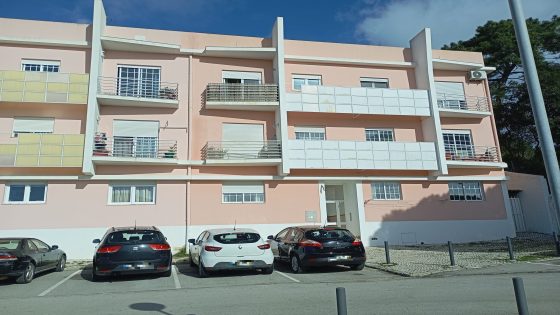On April 1, 2025, it was reported that 358 individuals requested euthanasia in Catalonia last year. This marks a significant 63% increase from the previous year. As awareness of this right grows, how does this reflect on the broader conversation about end-of-life choices in Spain and beyond?
- Euthanasia law approved four years ago
- 358 euthanasia requests in the past year
- Majority of requests approved were 189
- Cancer is the main reason for requests
- Average age for requests is around 70
- 62% of requests from primary care
Understanding Euthanasia Requests in Catalonia and Their Implications for End-of-Life Care
What drives the increasing number of euthanasia requests in Catalonia? The latest report reveals that more people are becoming aware of their rights regarding assisted dying. This trend raises important questions about healthcare choices and patient autonomy.
Key Statistics on Euthanasia in Catalonia: What You Need to Know
Recent statistics from Catalonia’s health department reveal significant insights into euthanasia requests:
- 358 people requested euthanasia in 2024, a 63% increase from 2023.
- 189 requests were approved, reflecting a 73% increase.
- 142 euthanasia procedures were carried out, up by 51% from the previous year.
- 30% of applicants died before their requests were processed.
Demographics of Euthanasia Requests: Who is Affected?
The average age of individuals requesting euthanasia is around 75 years. Interestingly, women account for 53% of these requests. Most applicants suffer from severe health conditions, primarily cancer and neurodegenerative diseases. This demographic insight is crucial for understanding who is seeking this option and why.
Healthcare System’s Role in Euthanasia: A Growing Acceptance
As the Catalan healthcare system integrates euthanasia into its services, it becomes a recognized medical option. The process typically takes about 63 days from request to approval, with primary care being the leading source of applications. This acceptance may prompt similar discussions in other regions, including the U.S.
Challenges and Considerations in Euthanasia Requests
Despite the growing acceptance, challenges remain. A significant number of applicants—about one-third—pass away before their requests can be fulfilled. This raises questions about the efficiency of the process and the need for timely responses to such sensitive requests.
In conclusion, the rise in euthanasia requests in Catalonia reflects a growing awareness of end-of-life choices. As these discussions evolve, they may influence similar debates in other countries, including the U.S., where the topic remains contentious.

































